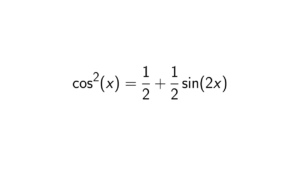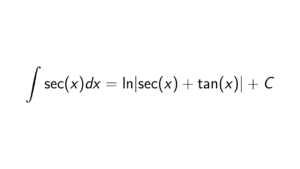How to prove the product rule derivative using first principle of derivatives
We will prove the product rule by the first principle of derivatives, the definition of the derivative. In other words, we will prove the next equality holds:
\begin{equation*}
(fg)'(x) = f'(x)g(x) + f(x)g'(x).
\end{equation*}Proof of product rule derivative using first principle of derivatives
\begin{align*}
(fg)'(x) &= \lim_{h \rightarrow 0} \frac{f(x + h)g(x + h) - f(x)g(x)}{h} \\
\end{align*}
We will implement in the numerator the next equality because it equals zero and therefore won’t change:
\begin{equation*}
f(x)g(x + h) - f(x)g(x + h) = 0.
\end{equation*}
So we get
\begin{align*}
&\lim_{h \rightarrow 0} \frac{f(x + h)g(x + h) - f(x)g(x)}{h} = \\
&\lim_{h \rightarrow 0} \frac{f(x + h)g(x + h) - f(x)g(x + h) + f(x)g(x + h) - f(x)g(x)}{h} = \\
&\lim_{h \rightarrow 0} \frac{(f(x + h)-f(x))g(x + h) + f(x)(g(x + h) - g(x))}{h} = \\
& \lim_{h \rightarrow 0} \frac{f(x + h)-f(x)}{h}g(x + h) + f(x) \lim_{h \rightarrow 0} \frac{(g(x + h) - g(x))}{h} = \\
& f'(x)g(x) + f(x)g'(x)
\end{align*}
because
\begin{equation*}
\lim_{h \rightarrow 0} \frac{f(x + h)-f(x)}{h} = f'(x) \quad \text{and} \quad \lim_{h \rightarrow 0} f(x) \frac{(g(x + h) - g(x))}{h} = g'(x).
\end{equation*}
Therefore
(fg)'(x) = f'(x)g(x) + f(x)g'(x), which completes the proof.

